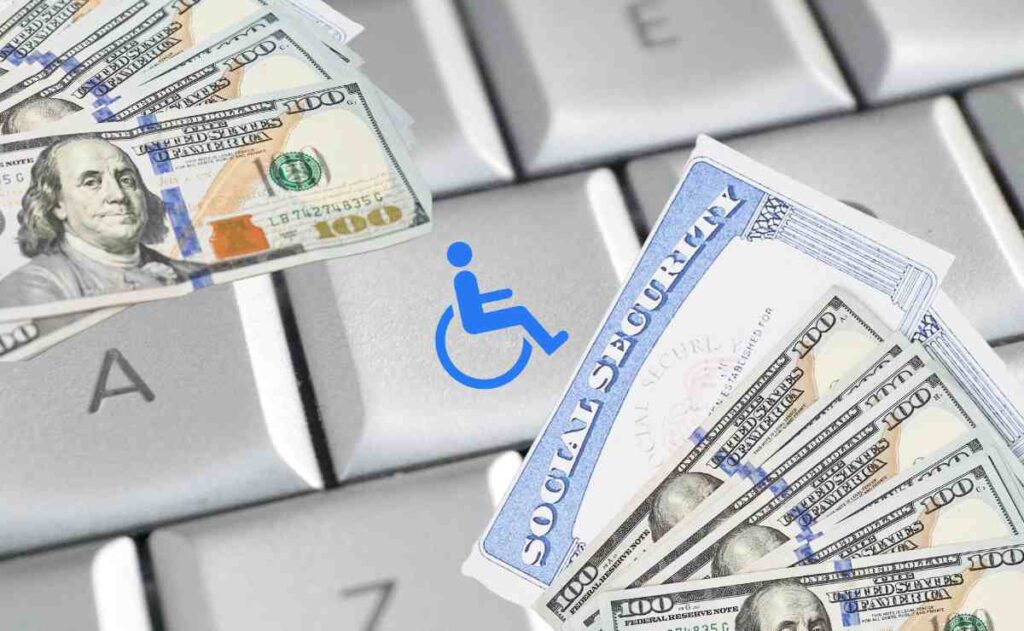If you have a new disability and you have not applied for SSDI (Social Security Disability Insurance) you need to know a few things. Social Security will check whether your disability meets its strict definition of disability.
Then, SSDI payments are only for qualifying disabilities as long as you have paid enough taxes to Social Security. For example, if you are 60 years old, you must have worked for 9.5 years. If you had jobs not covered by SSA, forget about Disability Insurance payments.
| Important links |
|---|
| Food Stamps |
| PAYMENTS |
| stimulus checks |
| SSDI |
Reasons why Social Security may have denied SSDI payments
If you did not get approval from the Administration to get Disability Insurance, it may be because SSA believes there is not enough medical evidence. Therefore, it may be necessary to provide SSA with more documents to prove you have a qualifying condition.
Unfortunately, some SSDI applicants did not complete the form correctly. Hence, it could also result in denial because the information you gave SSA may not be enough or is not accurate.
Sometimes a person with a disability is working at the same time. If this worker has a disability but is working and has earnings over SGA (Substantial Gainful Activity), you will have your application refused.
SSDI MAY ALSO BE DENIED FOR THESE 2 REASONS
Sometimes it is possible to get over a disability due to medical breakthroughs or new technology. Some applicants may not take medical treatment on a regular basis.
Thus, it is possible that your SSDI payments will not be accepted if you do not follow medical advice when necessary. Sometimes you have a disability that is not going to last for a long time.
As a consequence, if your disability is expected to last less than a year, you will not qualify for SSDI payments from Social Security. Those applicants who have a curable disability may not be eligible if SSA believes it is not going to last for long.



